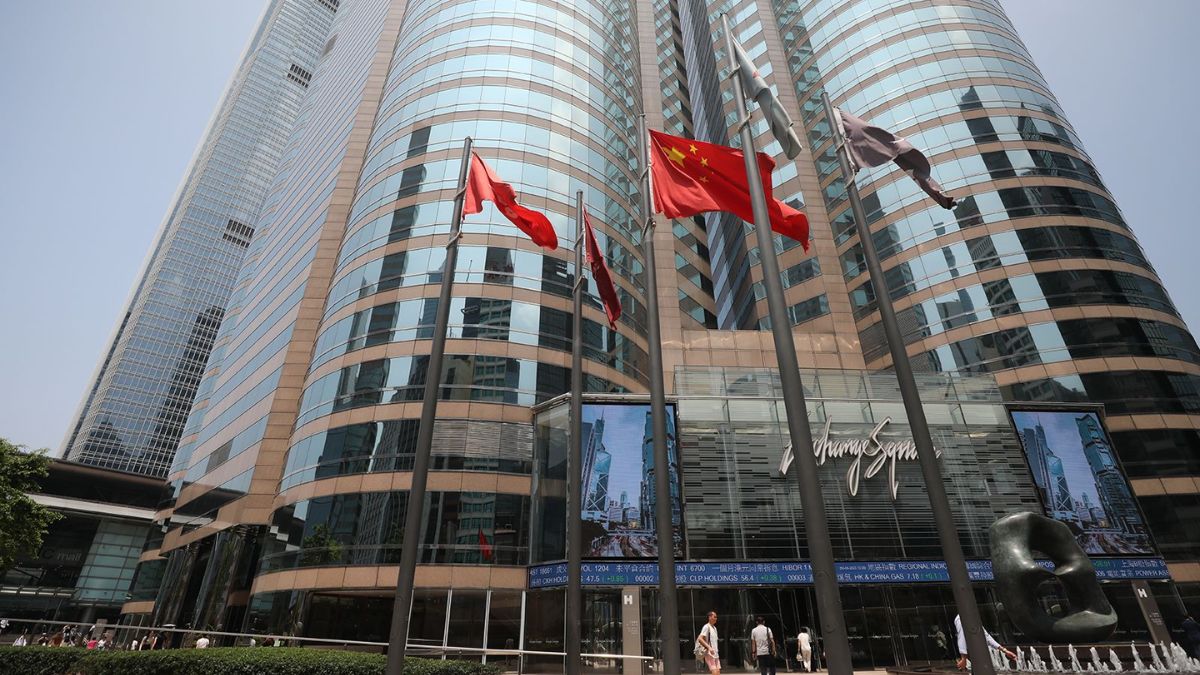Hong Kong’s efforts to reignite its once-booming IPO market through reforms aimed at SPACs and pre-revenue tech companies have hit a major roadblock. Despite changes implemented over the past two years, deal volume has plummeted to a two-decade low, prompting industry experts to call for further relaxations and raising questions about the city’s ability to compete with global rivals.
The Hong Kong Stock Exchange’s IPO ranking slumped to a dismal 8th in 2023, with fundraising down to a mere USD 5.9 billion from only 68 listings. This marks the lowest level since 2003, and the finger of blame is being pointed squarely at two key factors: stringent listing requirements and a rising interest-rate environment.
One of the key reforms was the introduction of regulations for Special Purpose Acquisition Companies (SPACs) in January 2022. SPACs, also known as ‘blank-check companies,’ raise capital through an IPO with the intent of using the proceeds to acquire an existing business within a set timeframe. The hope was that SPACs would attract innovative, high-growth companies, particularly from the burgeoning tech sector, to list in Hong Kong.
Only five SPACs managed to list in Hong Kong throughout 2022, raising USD 639 million. This pales compared to the U.S. market, where SPACs raised a staggering USD 13.4 billion through 86 listings in the same year.
Industry analysts attribute the lacklustre SPAC performance in Hong Kong to its stricter listing requirements compared to other jurisdictions like the U.S. and Singapore. Hong Kong mandates that SPACs raise at least HK$1 billion (USD 128 million) from professional investors and must complete an acquisition within 24 months – conditions deemed harsher by potential SPAC sponsors and investors.
Another reform initiative, the Chapter 18C rule introduced in March 2023, aimed to attract pre-revenue technology companies to list in Hong Kong. This rule relaxed profitability requirements for tech companies with high growth potential, allowing them to list as long as they boast a valuation of at least HK$10 billion.
However, this reform, too, has failed to yield any fruitful listings to date. Experts suggest that the high minimum valuation threshold, coupled with the general market downturn and investor apprehension towards pre-revenue companies, are major deterrents.
Rising interest rates globally have dampened investor appetite for riskier assets, leading to a broad slowdown in IPO activity across major markets. This external headwind has certainly impacted Hong Kong, pushing potential issuers to postpone or reconsider their listing plans.
Furthermore, the economic slowdown in mainland China, Hong Kong’s primary source of IPO candidates, has further clouded the outlook. With mainland companies facing their growth challenges, the pool of potential Hong Kong listings shrinks further.
Calls are growing for additional measures to ease listing requirements, particularly for SPACs and pre-revenue tech companies. Streamlining the acquisition process for SPACs, lowering minimum valuation thresholds for tech firms, and offering tax incentives are among the suggestions being floated.

